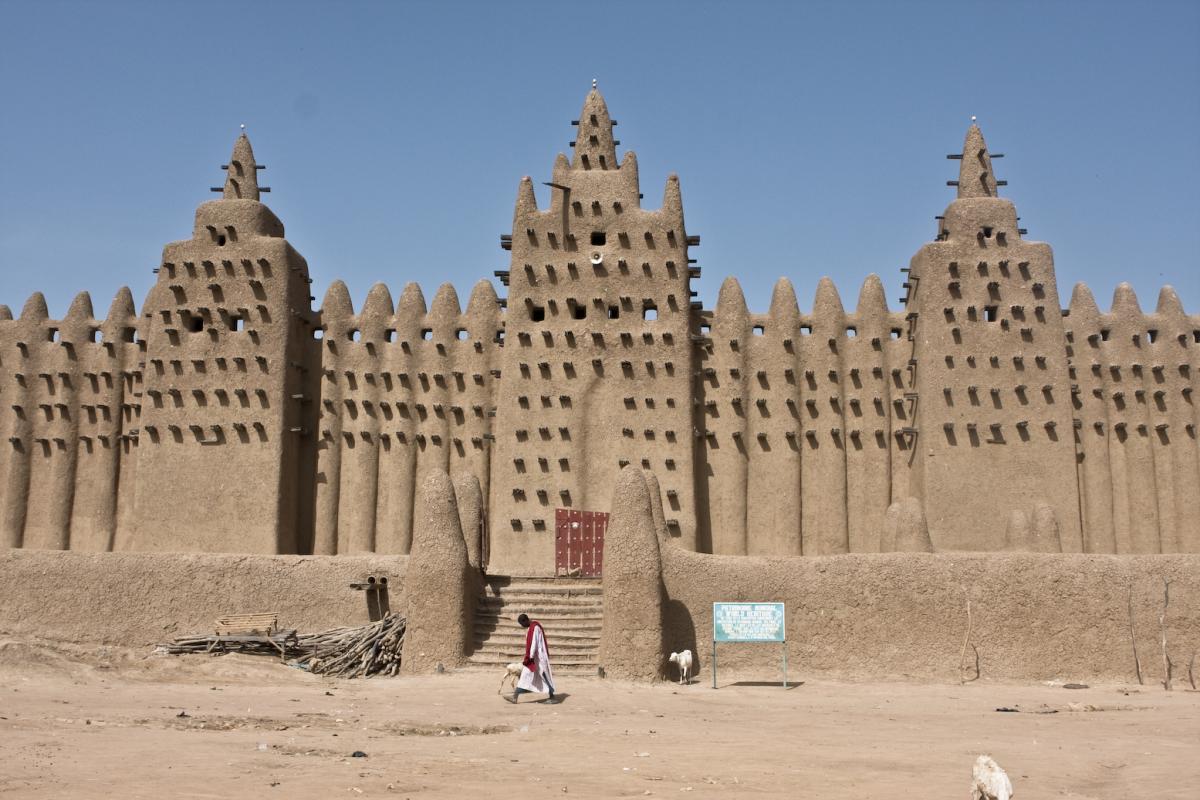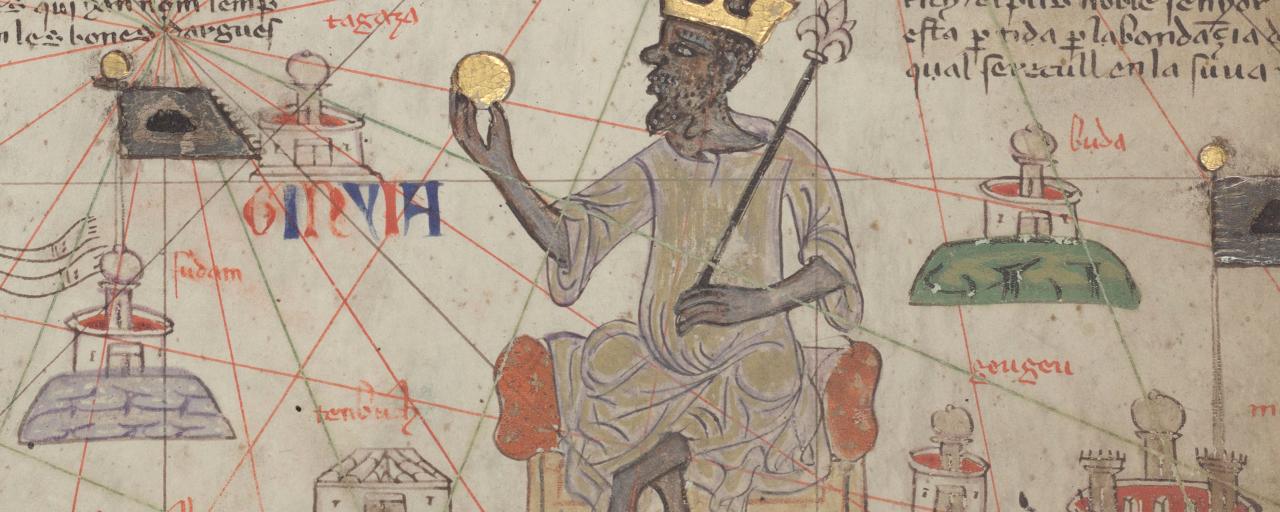Submitted by SafariADV on Wed, 2019-01-30
If Forbes draws a ranking of the richest men in the world from the origins of humanity, it would be found that at the top rank there would not be Jeff Bezos CEO of Amazon, neither Bill Gates nor even the founder of Facebook Mark Zuckerberg, but rather an ancient ruler of ' West Africa.
The sovereign Mansa Musa Keita I, who ruled the empire of Mali in the 14th century, whose lands were rich in profitable natural resources, especially gold, and had a personal wealth that far exceeded the "wretched" 100 billion dollars of the current richest man in the world Jeff Bezos.
Musa Keita I got to power in 1312 and, during the coronation ceremony, they gave him the name of Mansa, that means "king", thus becoming Mansa Musa.
At that time much of Europe was afflicted by hunger and civil wars, while many African kingdoms thrived, and the kingdom of Musa was the richest in absolute terms.
King Mansa Musa vastly expanded the boundaries of his empire, conquered the city of Timbuktu, that became an important commercial and cultural center; his empire dominated a huge territory, that included the current states of Mauritania, Senegal, Gambia, Guinea, Burkina Faso, Mali, Nigeria and Chad.
Most likely he would have remained in the shadows if it were not that in 1324 he decided to go on a pilgrimage to Mecca.
The trip had to cover a distance of over 6,500 kilometers and the sovereign did it in style, regardless of expenses.
The chronicles of the time tell how the royal procession, marching towards Mecca, stretched for miles, the caravan was composed of thousands of soldiers in defense of the king and civilians and slaves ready to satisfy their sovereign's needs.
500 heralds carried the royal banners, made of precious fabrics worked with gold threads.
Many horses and camels were used, fundamental to transport everything necessary to make the journey without sacrificing luxury, it is said that there were carts loaded with gold bars in tow.
The king of Mali did not possess only immeasurable wealth but also a noble soul and was a devout believer.
During his journey he traveled from Cairo, where he donated huge quantities of gold to the city's poor and, at home, particularly in Timbuktu, he built schools, mosques and a leading universities.
The king also built the beautiful and famous Djinguereber mosque in Timbuktu, a masterpiece that we can still admire today.



